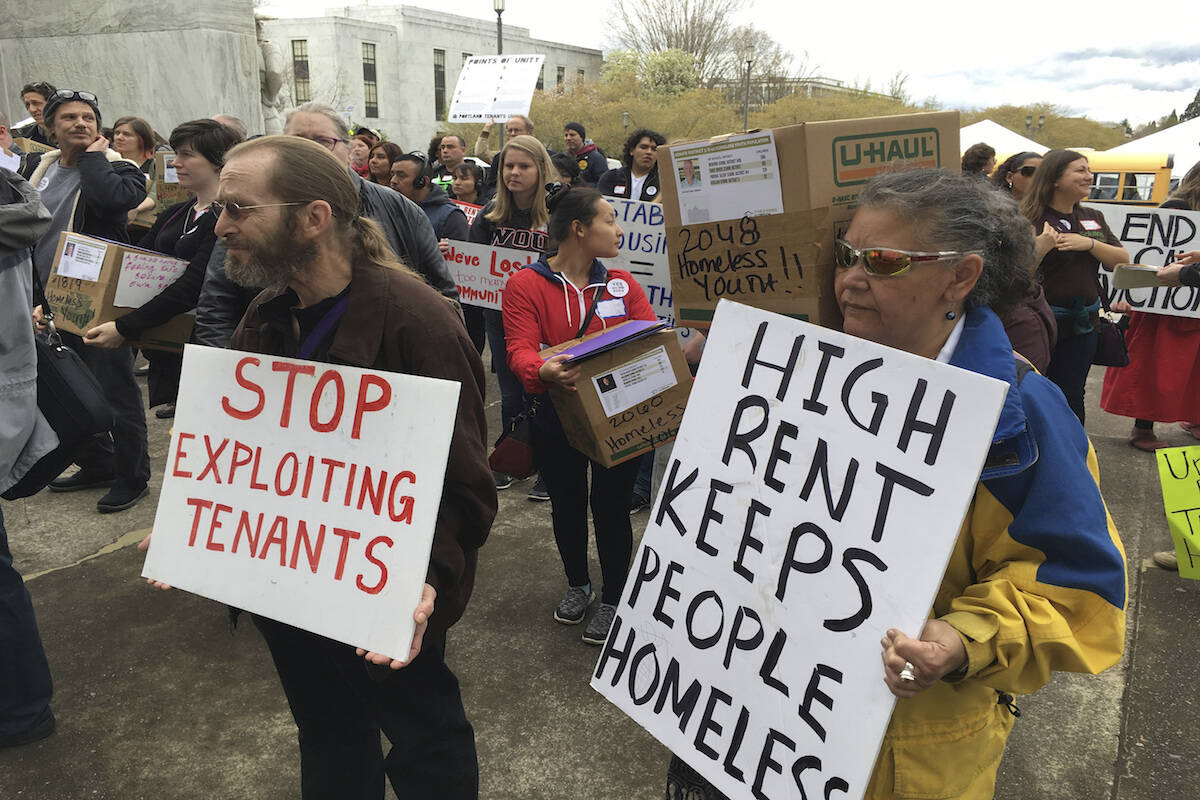VICTOR JOECKS: This question will make you more conservative

Imagine you’re in the store with your 3-year-old. Everything is great until he spots a toy that he wants. A sense of dread envelopes you. He’s going to throw a massive tantrum. You can either give in and buy him the toy or hold strong and feel your cheeks burn as everyone in the store turns to look at that “terrible” parent and his spoiled brat.
As the father of many children, I know this is no mere hypothetical. If you’ve been in a Henderson grocery in recent years, that howling toddler may have been mine.
Consider this: Which option produces the quietest child?
Parents know the answer is counterintuitive. In the moment, capitulating brings silence. But what happens next? Your son learns that if he screams loud enough, he’ll get his way. He’ll be repeating this routine on the next shopping trip.
Saying “no” is painful at the time. But as your son realizes that you don’t reward fits, he’ll give up screaming on shopping trips.
This came to mind as Nevada Democrats attacked Gov. Joe Lombardo this week over housing policy. Lombardo upstaged President Joe Biden’s visit last week by asking him to release more federal land for development. Local Democrats then went after Lombardo for vetoing a handful of rental-related bills last session, including some rent control proposals.
There is an obvious benefit to rent control. Those who are happy in their current rentals pay less in future years. But just like the parent in the supermarket, there’s another pertinent question that must be asked. What happens next?
Rent control shrinks the supply of future rental units. Builders build less housing. Apartment building owners are incentivized to convert those units into condos and sell them off. With tenants paying below-market rents, landlords spend less on maintenance, reducing unit quality. These aren’t theoretical objections. Look at the failure of rent control in places such as New York City and St. Paul, Minnesota.
Just like the bribing parent in the store, the left’s “solution” exacerbates the problem it purports to solve.
This simple question — what happens next? — exposes the folly of a host of leftist policies.
Raise the minimum wage to $20 an hour for fast-food workers. What happens next? Companies turn to automation, fire employees and hike prices. That’s happening in California
Stop prosecuting criminals for theft. Retail theft explodes. Look no further than Summerlin’s Apple store or at viral videos of shoplifters brazenly clearing out shelves.
Lower grading standards. Students game the system, frustrating teachers and learning less.
Gun-free zones. Now criminals know where law-abiding citizens won’t be armed while a sign does nothing to stop them from murdering innocents.
These second-order effects happen because the world is dynamic. Just ask any parent who has survived the toddler years. When the government changes something, people react. Because progressives often don’t anticipate those changes, their policies often aggravated the problems they’re trying to solve.
If you want to make someone more conservative, don’t argue with them. Ask them this simple question. After your idea goes into effect, what happens next?
Contact Victor Joecks at vjoecks@reviewjournal.com or 702-383-4698. Follow @victorjoecks on X.